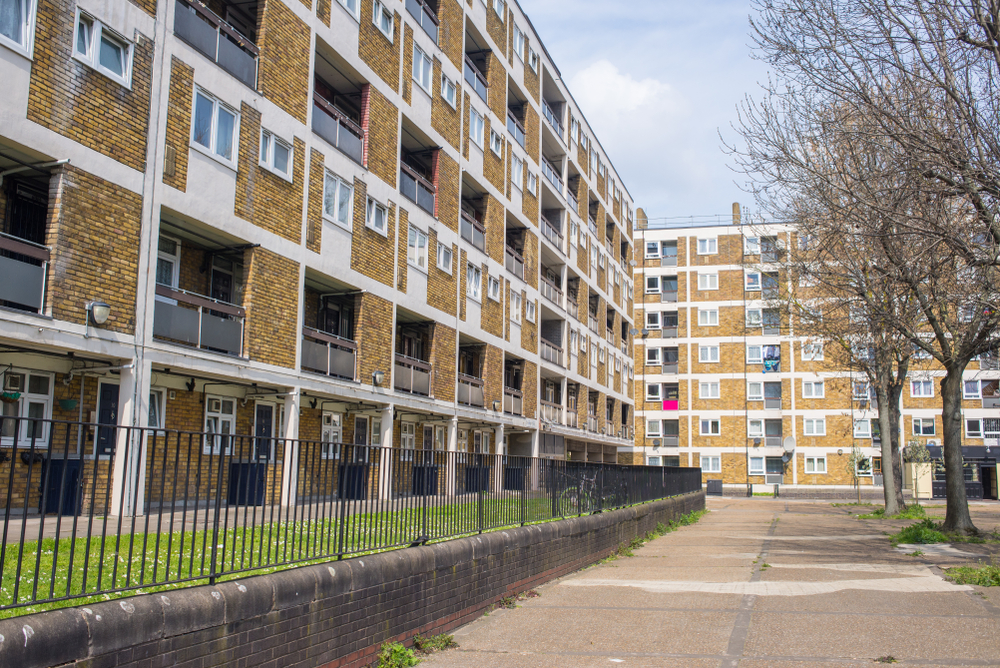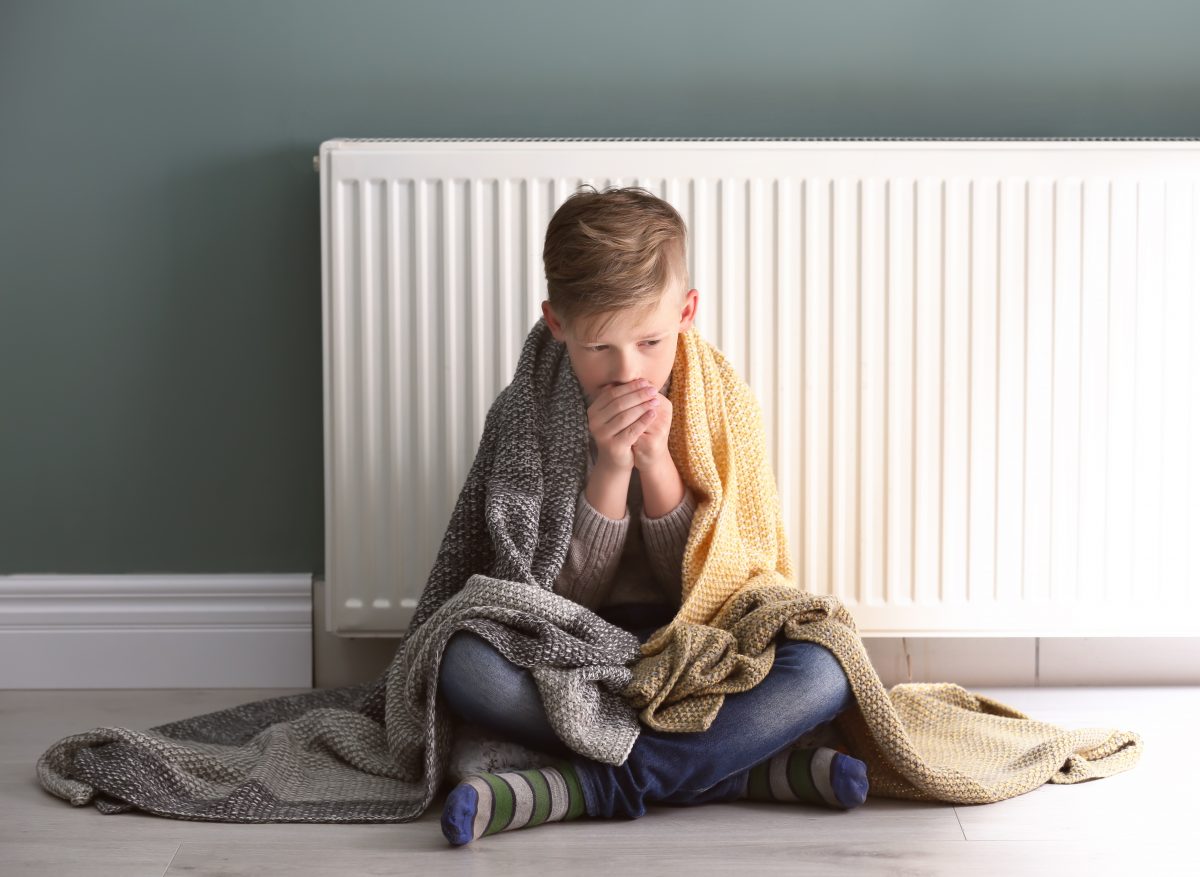Almost two million households in severe fuel poverty will miss out on government help in 2023/24 according to new figures. [1]
Data produced by researchers at the University of York for Child Poverty Action Group has calculated that among those groups who will miss out are 688,000 fuel poor households with children. [2]
The figures also show that households in London, the North East and the North West are the most likely to miss out on Government help. Over 1m fuel poor owner-occupied households and over 500,000 struggling homes in the private rented sector will be among those who no longer get Government help.
The UK Government introduced new support packages for vulnerable households from 1 April 2023 to replace the Energy Bills Support Scheme and other programmes which ran over winter 2022/23. The new support includes payments of up to £900 for those households on some benefits, with the first instalments due to be paid this week.
Estimates based on Government data have also shown that over four million Energy Bills Support Scheme monthly payments of £66 or £67 from this winter had still to be made to or redeemed by households for the period October 2022 to February 2023. [3]
A spokesperson for the End Fuel Poverty Coalition, commented:
“Millions of people will be worse off in 2023/24 as energy bills remain high, but support from the Government has fallen in real terms.
“Without further Government support and rapid roll out of energy efficiency programmes, the Dickensian conditions experienced by millions this winter will be replicated again. Until Britain’s broken energy system is reformed, we will continue to see households rely on Government support to help them through the energy bills crisis.”
Professor Jonathan Bradshaw, from the University of York’s Social Policy Research Unit, commented:
“This data answers an important question because it is an indication of the limits of using the receipt of social security benefits to mitigate fuel poverty, and suggests who might be the types of household that need to be targeted in other ways, including by some kind of social tariff.”
The main reason behind households being excluded is the link between cost of living payments and mean-tested benefits.
Alison Garnham, CEO of Child Poverty Action Group, said:
“The Government’s one-off cost-of-living payment is welcome, but this data shows it doesn’t go far enough. Flat-rate payments leave families with children, who have higher living costs, short-changed. Increasing child benefit, which lost a quarter of its value in the last decade and goes to lower and middle income households, is the first step to making sure struggling families have enough money to heat their homes.”
Tessa Khan, executive director of Uplift which is part of the Warm This Winter campaign, added:
“The Government’s rehashed policies on energy efficiency fall miles short of the national programme of insulation and home upgrades that is needed to solve the fuel poverty crisis in the longer term. Ministers also continue to deny communities access to onshore wind, which is among the cheapest energy sources around and a resource we have in abundance. Instead Ministers are handing billions in subsidies to oil and gas developments that won’t lower bills or boost UK energy security, as most of it is oil for export.
“It is beyond time that this government delivered real policies that address the big issues affecting people’s lives, not least eye-watering energy bills.”
ENDS
[1] PDF available to download: https://cpag.org.uk/sites/default/files/files/policypost/Who_are_the_fuel_poor_revised.pdf. The figures are, if anything, an underestimate of the problem as the definition of fuel poverty used for these calculations is one of the most targeted available.
[2] 69 per cent of the households missing out are from the bottom three income deciles, 39 per cent are families with children, 59 per cent are living in owned/ mortgaged houses, 66 per cent are income poor.
[3] Calculations and data available from: https://www.endfuelpoverty.



